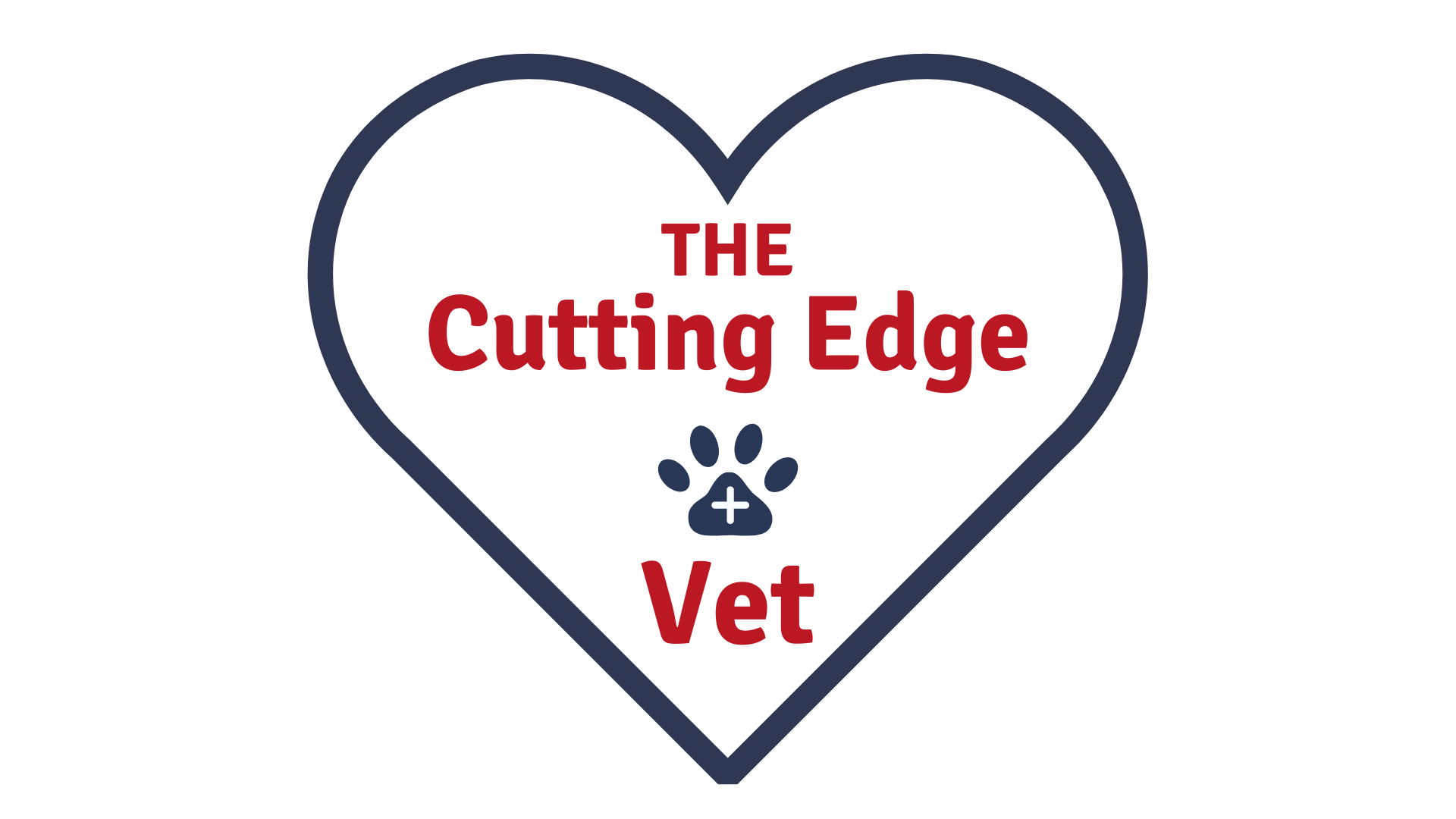As a devoted pet owner, watching your beloved canine companion grow older can be both heartwarming and challenging. Just like humans, dogs can experience cognitive decline as they age, a condition known as Canine Cognitive Dysfunction (CCD), or commonly referred to as “doggy dementia.” This article aims to provide recognition and support to pet owners who are dealing with CCD by discussing its symptoms, prevalence, and the importance of seeking proper diagnosis and support.
Symptoms of Canine Cognitive Dysfunction:
Recognizing the symptoms of CCD is crucial in understanding your dog’s condition and providing appropriate care. The Purina DISHAA survey has shed light on the following common signs of CCD:
- Disorientation: Dogs with CCD may become disoriented even in familiar surroundings. They may seem confused or get lost in their own homes or yards.
- Interactions and Social Behavior Changes: CCD can cause alterations in your dog’s social behavior. They may display decreased interest in their human family members, exhibit less responsiveness to commands or cues, and may withdraw from previously enjoyed activities.
- Sleep-Wake Cycle Disturbances: Dogs with CCD may experience changes in their sleep patterns. They may sleep excessively during the day but become restless and disoriented at night.
- House Soiling: CCD can lead to house soiling, where dogs may have accidents indoors despite being previously house-trained. This behavior is not intentional but stems from cognitive decline.
- Changes in Activity Level: Dogs with CCD often show a decrease in their overall activity level. They may become less interested in playing, exploring, or exercising.
- Anxiety and Increased Irritability: CCD can cause dogs to exhibit increased anxiety, restlessness, or even aggression. These behavioral changes may be distressing for both the dog and the owner.
Prevalence and Underdiagnosis:
CCD is more prevalent than commonly recognized. According to studies, it is estimated that over 14% of dogs over the age of 8 are affected by some degree of cognitive decline. However, due to the misconception that these symptoms are simply a natural part of the aging process, CCD often goes underdiagnosed.
Many pet owners attribute the changes they observe in their dogs to old age, unaware that there are medical conditions such as CCD that can be addressed. It is essential for pet owners to be aware of CCD and seek veterinary guidance if they notice any of the aforementioned symptoms in their aging canine companions.
Seeking Support:
Dealing with CCD can be emotionally challenging for pet owners. It is important to remember that you are not alone. There are numerous support groups available, both online and offline, where you can connect with other pet owners going through similar experiences. One popular platform is Facebook, which hosts several dedicated groups that provide a safe space for sharing stories, seeking advice, and finding solace in the community of fellow pet owners facing CCD.
If you suspect that your dog is experiencing CCD, it is essential to consult with your veterinarian for a proper diagnosis and to discuss potential treatment options. By recognizing the symptoms and understanding the prevalence of CCD, pet owners can provide their furry friends with the care and support they need during this challenging phase of their lives. Remember, you are not alone in this journey, and together, we can provide the best possible quality of life for our aging canine companions.
